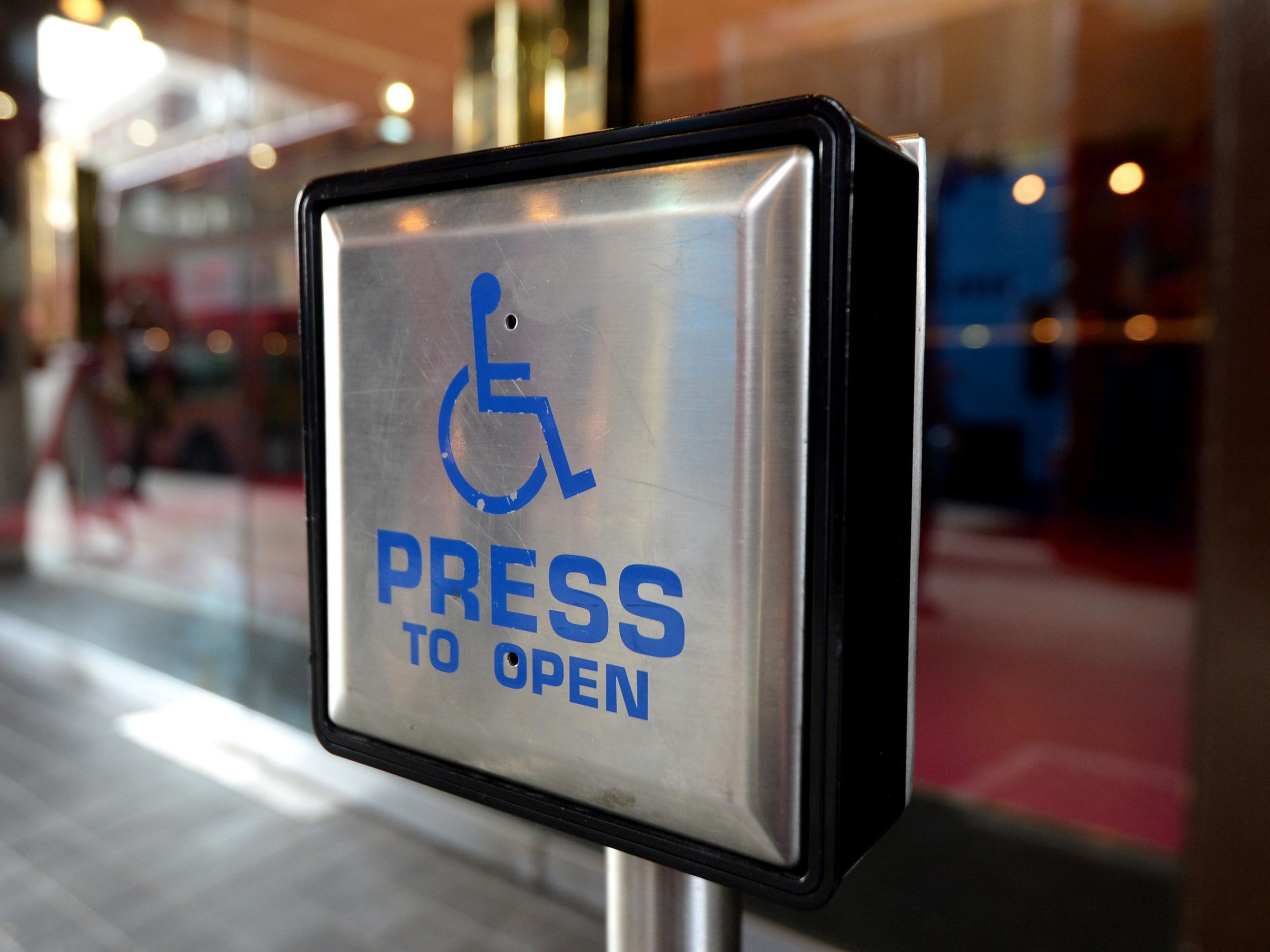Disabled workers ‘paid £3,000 less per year than other employees’
Average pay 15 per cent lower for staff with disabilities, according to the TUC

Disabled workers are paid 15 per cent less than other employees, a gap of around £3,000 a year, a new study suggests.
The TUC said its research indicated that disabled people effectively work for free for the last 57 days of the year, so they stop getting paid from today.
According to the analysis, disabled workers earn on average £1.65 an hour less than non-disabled workers.
People with disabilities are also less likely to be in work, facing barriers to accessing employment, said the union organisation.
Around half of disabled people are in work, compared to more than four-fifths of non-disabled people, a gap of almost 30 per cent, said the TUC.
General Secretary Frances O’Grady said: “Everybody deserves a fair chance to get a job with decent pay. Being disabled should not exclude you from choosing to work, and it should not mean you are put on a lower wage.
“The current government has behaved like they just don’t care. Support for independent living has been scrapped, and at every turn, disabled people have been at the frontline of austerity.
“The next government must show they care about disabled people in Britain today. A good start would be a new law to make employers publish their disability pay gap and a plan of action to address it.”
James Taylor, of disability equality charity Scope, said: “Everyone should be doing their utmost to close this gap as quickly as possible.
“One million disabled people want to work but are denied the opportunity.
“The next government must commit to halving the disability employment gap, which has been stuck around 30 per cent behind for over a decade.”
PA
Subscribe to Independent Premium to bookmark this article
Want to bookmark your favourite articles and stories to read or reference later? Start your Independent Premium subscription today.

Join our commenting forum
Join thought-provoking conversations, follow other Independent readers and see their replies